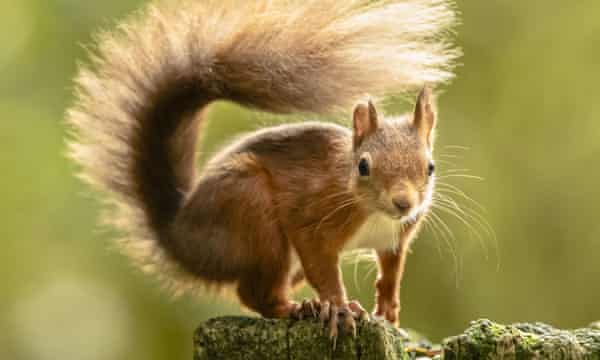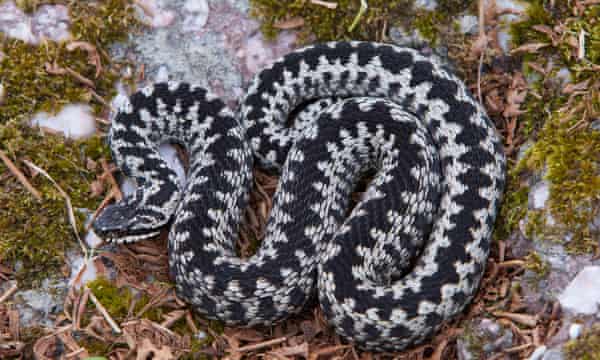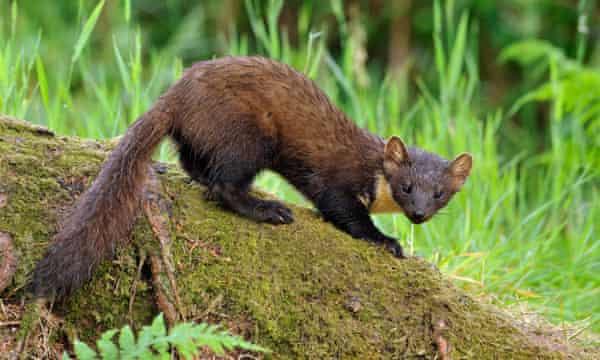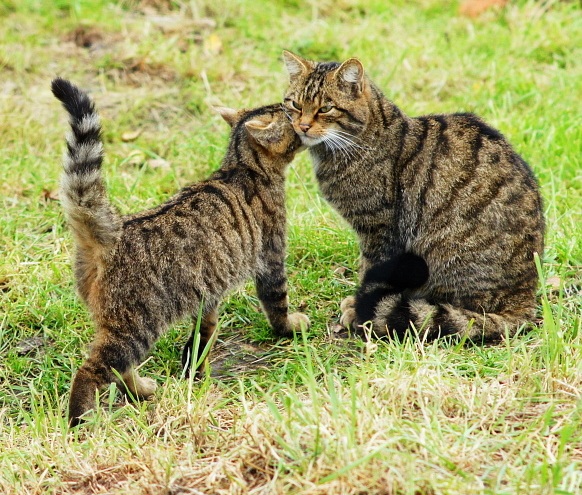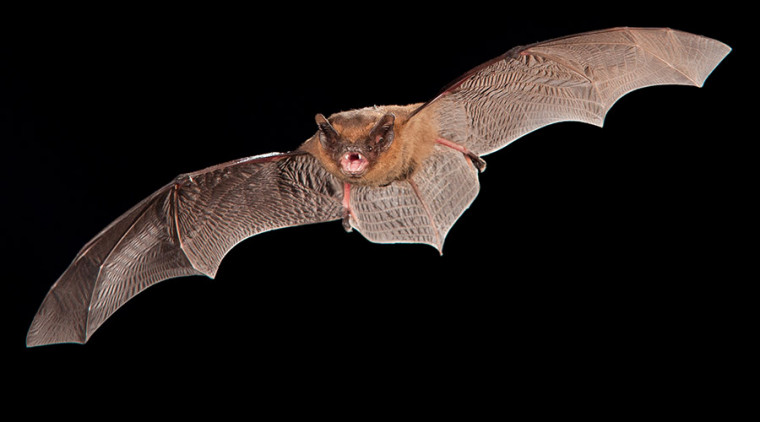Sadly what I have been predicting for some time is happening.
Red squirrels and pine martens could lose protection in UK review, say experts
Adders and slow worms also among species possibly affected by changes that could help property developers
Legal protections for wildlife and plants in the UK are set for a review that could result in some important species losing their entitlement to sp ecial status, ecology experts have told the Guardian.
Adders, slow worms, water voles, mountain hares, pine martens and red squirrels are among the species experts have warned could be affected, after unexpected changes to the government’s review process that will raise the bar on how rare and under threat an animal needs to be to gain legal safeguards.
The changes, which have not been widely heralded by the government, could benefit property developers and infrastructure projects such as road-building, which currently have to take account of rare species found within the proposed development areas, and sometimes have to be changed or moved as a result.
Angela Julian, coordinator of Amphibian and Reptile Groups of the UK (ARG UK), which represents 37 local groups and over 4,000 members, said: “We are shocked to discover these proposed changes, which will effectively remove any form of protection from many of our well-loved widespread species including slow worms, grass snakes and viviparous lizards. Our native wildlife deserves a fair hearing.”
Under the Wildlife and Countryside Act (WCA) of 1981, the government must review the status of protected species on a five-yearly basis, a process now under way. The WCA classifies the UK’s rare flora and fauna, with legal protections for those considered at risk.
When species are protected, it becomes illegal to harm them, for instance through hunting or plant-collecting, or to sell or trade in them. Protections can also extend to their habitat, which can affect infrastructure and development schemes such as housebuilding or new roads.
Last summer, announcing a push to “build, build, build”, the prime minister, Boris Johnson, attacked wildlife protections. “The newt-counting delays in our system are a massive drag on the productivity and prosperity of this country,” he said.
In documents published on an obscure government website, the terms of this year’s review have been changed, to incorporate new standards that would mean an animal or plant species would only be protected if “in imminent danger of extinction”.
Campaigners are worried that this sets the bar too high, and that dozens of species which are at risk would lose vital safeguards. More than 30 conservation groups have written to ministers of their concerns.
In a letter seen by the Guardian, they argue that the government’s plan to move away from the UK’s own standards to use definitions of risk from the International Union for Conservation of Nature will result in many species losing protection.
The IUCN draws up the global Red List by which species are classified in nine categories including vulnerable, endangered and critically endangered. However, the letter warns that the government’s proposals would mean dropping current safeguards for all species except those at the worst end of the scale, regarded as at imminent risk of extinction. That would leave in the lurch species which may still be under severe threat but whose populations have improved slightly, often owing to conservation efforts.
“The changes [also] remove the opportunity to prevent species decline,” the organisations say. “Under the changes outlined, we will only be reacting to catastrophic species declines.”
Richard Benwell, the chief executive of Wildlife and Countryside Link, said the species that would certainly have protection removed under the changes included stag beetles, purple emperor butterflies, pine martens, brown hares and mountain hares. Species that were likely to have protection removed included adders, smooth newts, grass snakes and basking sharks.
Amphibians could also be at particular risk, because if it becomes legal to trade in certain species, wild samples could be bought and sold and mixed with captive collections around the country. That would risk spreading the deadly chytrid fungus and severe perkinsea infection, which have devastated amphibian populations around the world, and have been discovered in some captive populations in the UK.
Jenny Tse-Leon, conservation manager at the charity Froglife, said: “Many amphibians and reptiles have faced serious declines in recent years but do not qualify as threatened enough under IUCN definitions. Our research has shown that common toad numbers have plummeted by 68% in the last 30 years, but these plans mean they [would] no longer qualify for protection.”
The five-year review is being carried out by the UK Joint Nature Conservation Committee, with Natural England, Natural Resources Wales, NatureScot, and representatives of the non-governmental sector.
A spokesperson for the Department for Environment, Food and Rural Affairs said: “The Joint Nature Conservation Committee (JNCC) is currently in the initial data-gathering phase of their quinquennial review of species protections. No changes to species protection have yet been recommended to us. Any proposed changes will be subject to consultation by JNCC in the autumn before recommendations are made to us and to the Scottish and Welsh governments.”


